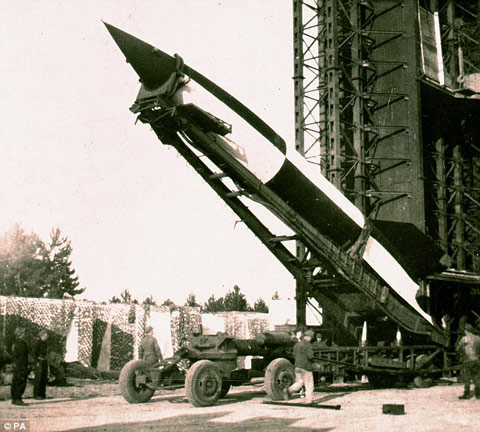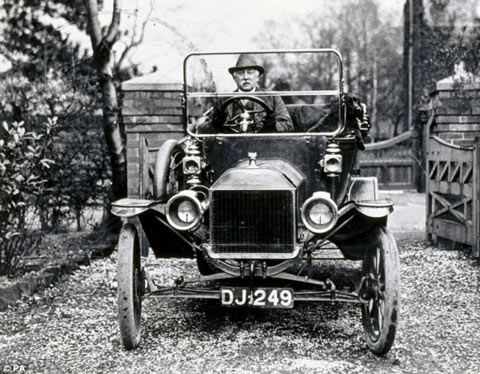Vote the greatest scientific invention in history
The British Museum of Science is conducting a campaign to get people's opinions about the greatest inventions of all time to celebrate the Museum's 100th birthday.
Museum managers have selected 10 remarkable scientific inventions in history, then based on public votes to choose which invention has the greatest impact on the world in the past, currently at and even the future.
Musician Nitin Sawhney, choosing penicillin antibiotic, said: 'As a person rescued from pneumonia, I really feel the importance of penicillin antibiotics in saving my lungs from escaping. death. A lot of people have been saved by Alexander Fleming's miracle pill.
Top Gear host James May voted for Apollo 10 because it can now travel to the most remote areas where a manned spaceship can go.
X-ray supporter, television and biologist Alice Roberts, said: 'X-ray is a remarkable medical advance, helping physicians to understand the internal organs. people without 'cutting' them out '.
Below is a picture of some of the greatest scientific inventions in history nominated by the British Science Museum:

The V2 is the first ballistic missile designed by the Germans in World War II and is a model for all modern missiles, including a rocket that helps humans conquer the universe.

The Ford Model T is said to be 'putting the world on wheels' by reducing costs based on chain production. Introduced in 1908 by Henry Ford, owner of Ford Motor Company, this car was an invention that revolutionized traffic.

James Watson and Francis Crick introduced a diagram of DNA structure, gene blocks, forming double helix in 1953. The discovery paved the way for molecular biology, the study of the genetic control process in genes cell. Two inventors received the Nobel Prize for this invention in 1962.

Completed in 1829, the Stephenson machine was not the first steamship in the world but was described as the first modern locomotive of mankind. The advent of this invention sets the standard for other train models.

Professor Alexander Fleming used a microscope to study penicillin, the first antibiotic in medical history.

Photo taken on orbit of Apollo 10 shuttle. This is a manned spacecraft with the longest exploration journey to date.

The ACE computer engine shows Britain's first attempt at creating a common computer. At that time, ACE was the fastest computer in the world.

X-rays are inventions that make great progress in medicine. On the photo is an X-ray of King George and Queen Mary in 1896.

The '5-needle' telegraph, invented by Charles Wheatstone and William Fothergill Cooke in 1837, is the world's first electronic telegraph device, laying the foundation for the information revolution. Humans have communicated to each other almost instantly despite being at the two ends of the Atlantic.

Thompson Newcomen's air engine, based on a vacuum-forming principle in a cylinder, is used to pump water from mines in construction sites.
- The 10 greatest innovations in the history of world materials
- 5 greatest scientific achievements in NASA history
- The 10 greatest mathematicians in history
- Bill Gates has the greatest impact on IT
- Incredible but great inventions
- 10 interesting facts about world history
- Why is Relativism not awarded the Nobel Prize?
- The invention came from randomness
- 4 giant 'treasures' of Leonardo Da Vinci: The solution after 500 hundred years
- Scientific invention
- 14 events that change the world military history forever
- Machine to create drinking water from the air
 Daily use inventions come from universities
Daily use inventions come from universities Special weight loss device helps prevent appetite
Special weight loss device helps prevent appetite 8 inventors were killed by their own inventions
8 inventors were killed by their own inventions Iran invented a motor car powered by water
Iran invented a motor car powered by water